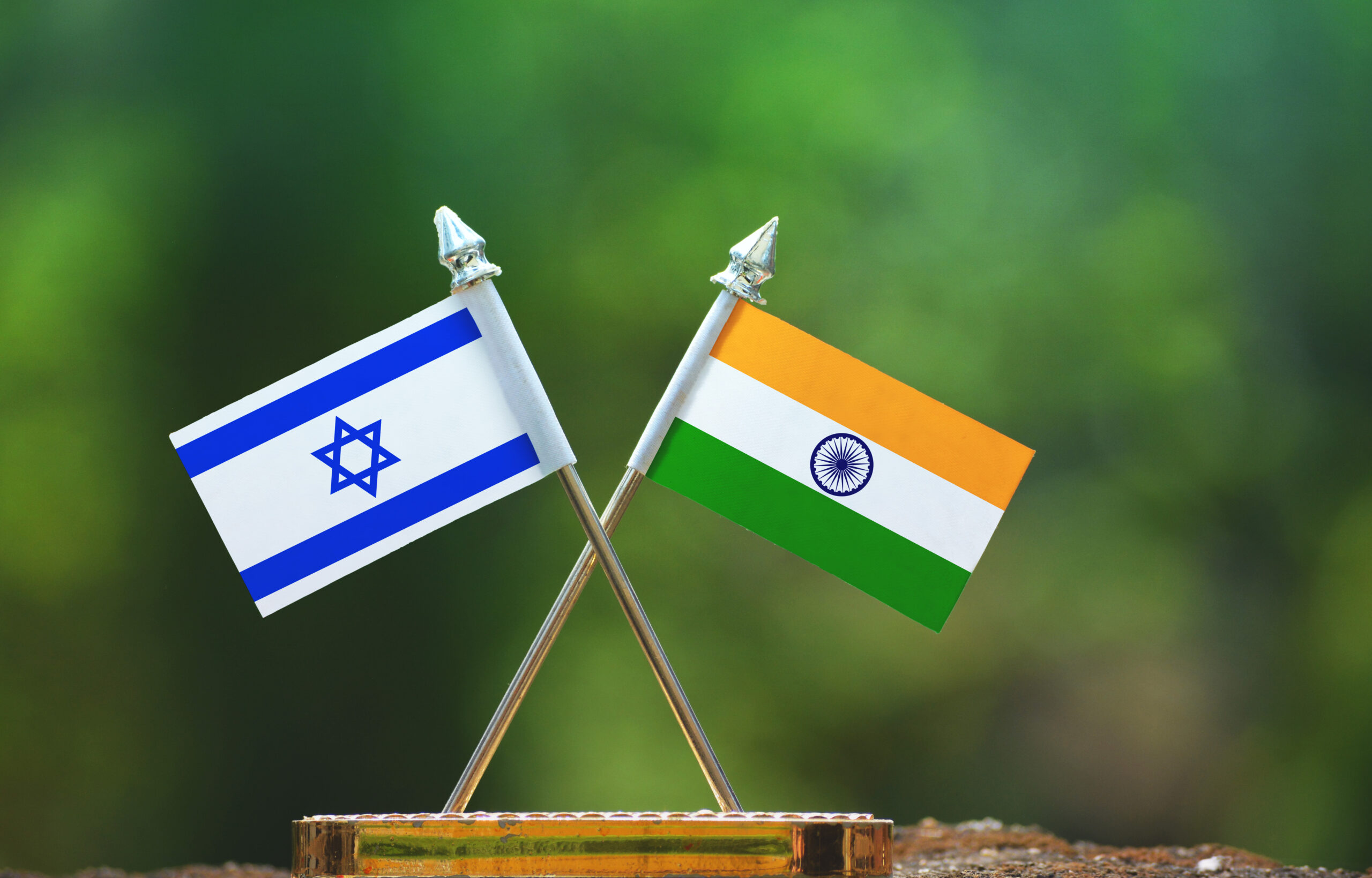When Israeli Finance Minister Bezalel Smotrich landed in New Delhi earlier this month, it wasn’t just another diplomatic stop. For three days, he moved in an armored convoy through India’s political and business capitals, sitting down with Finance Minister Nirmala Sitharaman, signing a historic investment protection treaty, and meeting executives from industrial giants like Tata. In Mumbai, Maharashtra’s Chief Minister draped him with a ceremonial shawl and welcomed him into his residence as if hosting an old ally.
The agreement Smotrich signed was no small thing. It is the first bilateral investment treaty India has ever concluded with a Western-oriented economy, offering protections and certainty to investors on both sides. It paves the way for Israeli companies to compete in India’s enormous infrastructure projects, and for Indian firms to bid on mega-projects in Israel such as the Greater Tel Aviv metro. It links India’s massive digital payments system with Israel’s, and sets the stage for a future free trade agreement.
Israeli officials stressed the symbolism: just as Europe moves to isolate Israel, the world’s most populous nation is choosing to deepen ties with God’s chosen people.
This moment did not come out of nowhere. For decades, India kept Israel at arm’s length, voting against it at the UN while cultivating Arab oil states. The turning point came in the 1990s and was sealed during the 1999 Kargil War, when Israeli drones and precision munitions arrived just as India needed them most. That reliability stood in stark contrast to the hesitation of Western governments. Since then, India has become Israel’s largest arms customer, buying everything from Barak missile defenses to Heron drones, many now built inside India under joint ventures with Tata, Adani, and other private firms. In some cases, factories in India are even producing Israeli-designed drones for export back to Israel.
👉 The Government of India and Government of the State of Israel sign Bilateral Investment Agreement #BIT in New Delhi, today
— Ministry of Finance (@FinMinIndia) September 8, 2025
👉 Union Minister for Finance and Corporate Affairs Smt. @nsitharaman and Finance Minister of Israel H.E. Mr. Bezalel Smotrich sign the #BIT… pic.twitter.com/uzKQplWj6H
But the closeness goes deeper than contracts. Some Indian tribal groups, like the Bnei Menashe of Manipur and Mizoram, claim descent from the lost tribe of Menashe. Israeli rabbis have recognized their connection, and many have made aliyah to Israel. For Bible-believing Jews and Christians, this continuity of ancient Israelite tribes in the heart of India underscores a mysterious bond between the two peoples.
On a cultural and historical level, Hindus and Jews share an instinctive understanding. Both have faced centuries of Islamic conquest and destruction. Indians know what it means to see temples torn down and sacred spaces defiled, just as Israelis wrestle with Islamic claims over the Temple Mount. Both nations still bury their dead from jihadi attacks — in Israel from Hamas, in India from Pakistan-backed terrorists, from Mumbai in 2008 to Kashmir today. The enemy is the same, and so is the resolve to fight.
That shared struggle has translated into one of the closest military and intelligence relationships in the world. Israeli technology — drones, missiles, surveillance systems — has been crucial in India’s battles against Pakistan and in guarding its vast borders. Indian leaders don’t need lectures to understand Israel’s war for survival; they see their own reflection in it.
Unlike Europe, India’s friendship with Israel isn’t built on guilt or diplomacy — it’s built on recognition. Indians see in Israel a nation that has survived against the odds, clinging to its land and faith in the face of endless invasions and attacks. That resonates deeply in a civilization that still remembers the centuries when Hindu temples were smashed and rebuilt again and again. It is no surprise that Modi and his party speak of Israel as a “natural partner”: for many Indians, the Jewish struggle is not foreign, it is familiar.
The contrast with Europe could not be clearer. On the very day Smotrich was signing agreements in Delhi, the European Commission president was calling for sanctions on Israel’s ministers. Yet in India there were no boycotts, no protests, no angry editorials. Instead, there was warmth, curiosity, and respect.
India, the world’s largest democracy and soon the third-largest economy, is stepping into the role Europe has abandoned. It is not only buying Israeli weapons and technology — it is embracing Israel as a brother nation.The message from Smotrich’s visit was unmistakable: Europe can sneer, but India is ready to do business — and to stand beside Israel as a friend.






